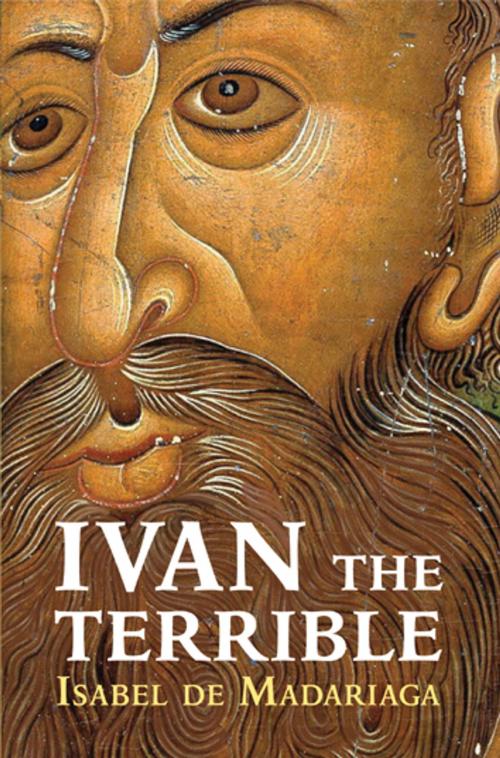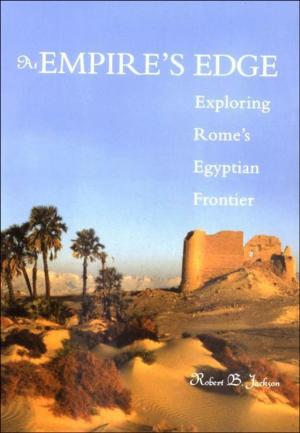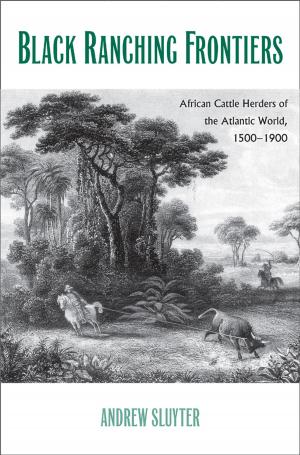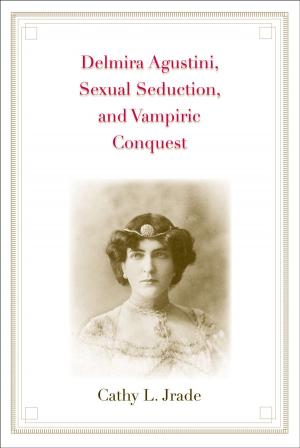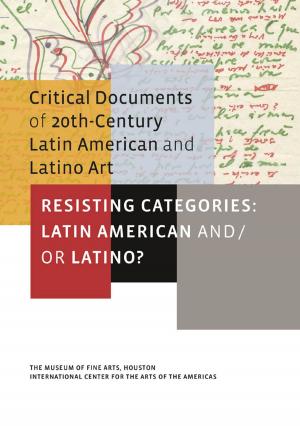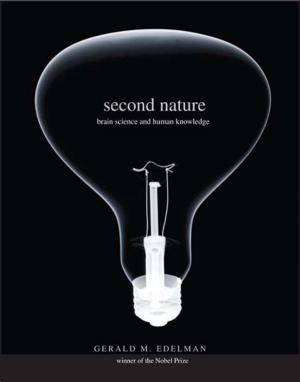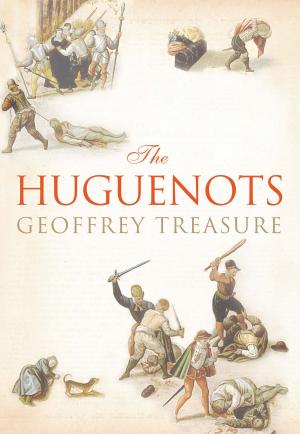| Author: | Professor Isabel de Madariaga | ISBN: | 9780300143768 |
| Publisher: | Yale University Press | Publication: | October 1, 2008 |
| Imprint: | Yale University Press | Language: | English |
| Author: | Professor Isabel de Madariaga |
| ISBN: | 9780300143768 |
| Publisher: | Yale University Press |
| Publication: | October 1, 2008 |
| Imprint: | Yale University Press |
| Language: | English |
Ivan IV, 'the Terrible' (15331584), is one of the key figures in Russian history, yet he has remained among the most neglected. Notorious for pioneering a policy of unrestrained terror-and for killing his own son-he has been credited with establishing autocracy in Russia. This is the first attempt to write a biography of Ivan from birth to death, to study his policies, his marriages, his atrocities, and his disordered personality, and to link them as a coherent whole.
Isabel de Madariaga situates Ivan within the background of Russian political developments in the sixteenth century. And, with revealing comparisons with English, Spanish, and other European courts, she sets him within the international context of his time. The biography includes a new account of the role of astrology and magic at Ivan’s court and provides fresh insights into his foreign policy. Facing up to problems of authenticity (much of Ivan’s archive was destroyed by fire in 1626) and controversies which have paralyzed western scholarship, de Madariaga seeks to present Russia as viewed from the Kremlin rather than from abroad and to comprehend the full tragedy of Ivan’s reign.
Ivan IV, 'the Terrible' (15331584), is one of the key figures in Russian history, yet he has remained among the most neglected. Notorious for pioneering a policy of unrestrained terror-and for killing his own son-he has been credited with establishing autocracy in Russia. This is the first attempt to write a biography of Ivan from birth to death, to study his policies, his marriages, his atrocities, and his disordered personality, and to link them as a coherent whole.
Isabel de Madariaga situates Ivan within the background of Russian political developments in the sixteenth century. And, with revealing comparisons with English, Spanish, and other European courts, she sets him within the international context of his time. The biography includes a new account of the role of astrology and magic at Ivan’s court and provides fresh insights into his foreign policy. Facing up to problems of authenticity (much of Ivan’s archive was destroyed by fire in 1626) and controversies which have paralyzed western scholarship, de Madariaga seeks to present Russia as viewed from the Kremlin rather than from abroad and to comprehend the full tragedy of Ivan’s reign.
